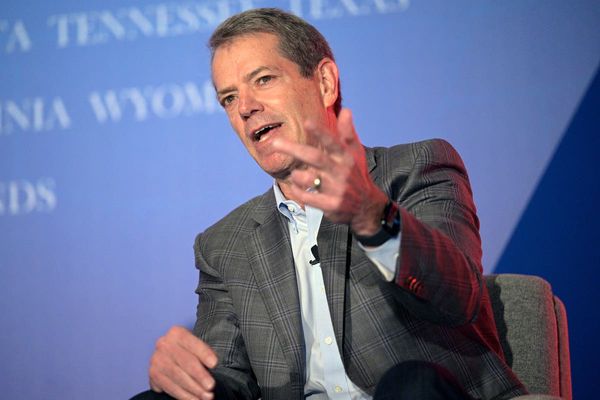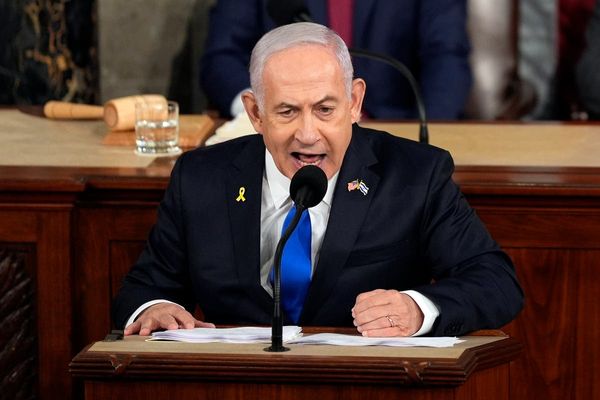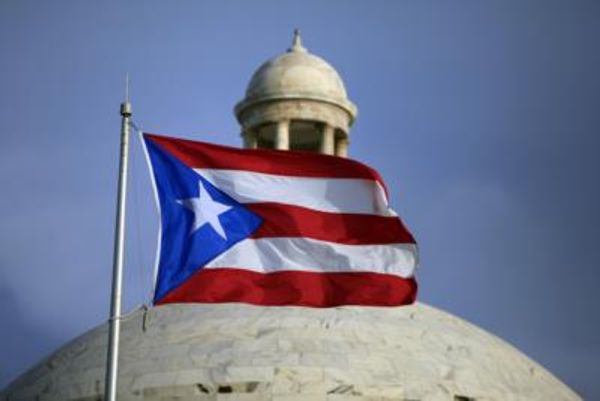
Beijing has excoriated them as a pair of shameless separatists, purveyors of “a lunatic’s dream” who must be punished for pursuing their “fatuous political cause”.
Supporters say they are the intrepid figureheads of a flourishing youth movement that is seeking an urgently-needed rupture with China’s authoritarian rulers.
At the centre of the rapidly escalating political crisis in Hong Kong are two fashion-conscious millennials who shot to prominence in the aftermath of the 2014 umbrella movement protests.
Sixtus “Baggio” Leung, a 30-year-old pro-independence activist, is a former student union president who is nicknamed after his childhood favourite footballer, the Italian striker Roberto Baggio.
Yau Wai-ching, 25, is a Chinese literature graduate and former office clerk with a fondness for the teachings of Chinese philosopher Confucius.
The two outspoken politicians, both members of a party called Youngspiration, were elected to Hong Kong’s 70-seat legislative council in early September with more than 50,000 votes between them.
They were among six young pro-democracy candidates who were catapulted into office in what was widely interpreted as a rejection of Beijing’s growing interference in the former British colony’s affairs.
Like many of Hong Kong’s young activists, Leung and Yau cut their political teeth during the 2014 umbrella movement uprising, which some described as the greatest challenge to the Communist party since the 1989 Tiananmen protests.
When that 79-day mobilisation failed to extract democratic concessions from Beijing, the young politicians say they became convinced that a complete split with the People’s Republic of China was now the only solution.
On the eve of his recent election, Leung told the Guardian he envisioned a future in which Hong Kong was an independent city-state which was no longer a part of China.
“We love Hong Kong. We don’t like the CCP [Chinese Communist party] because they are trying to destroy Hong Kong, trying to destroy our culture, our system, everything,” he said.
“And that is also why a lot of political parties in this generation, we talk about self-determination.”
Speaking last week to the New York Times, Yau, who is the youngest woman ever elected to Hong Kong’s parliament, said she saw it as her duty to fight on behalf of the city’s youth.
“They are too young to bear this kind of social responsibility,” she said of her decision to become an activist. “I had to pay something for this place.”
Beijing has reacted furiously to the pair’s public calls for the independence of Hong Kong, a semi-autonomous city which is part of China but enjoys far greater political freedoms than the mainland thanks to the “one country, two systems” framework after it returned to Chinese control in 1997.
One pro-China scholar has compared them to a “festering pustule”.
Such attacks intensified after the two politicians thumbed their noses at China during a chaotic swearing-in ceremony in October at which they unfurled banners reading “Hong Kong is not China” and used derogatory language to refer to China in their oaths.
On the eve of Monday’s decision to block the pair from taking up their seats in Hong Kong’s parliament, in what Beijing said was a bid to strike a blow against “pro-independence forces”, one Communist party-controlled tabloid urged China’s leaders to “cleanse” the former colony’s political scene of Yau and Leung once and for all.
“They attempt to mislead the public, squeeze the central government’s governance and influence over Hong Kong and erode its authority,” the Global Times said in an editorial. “The fallacies they created must be cleaned up.”
Emily Lau, a veteran member of Hong Kong’s pro-democracy camp, said she believed Beijing had decided to move against the pair because it feared that if legislators in the former colony were allowed to promote independence then such ideas might gain strength in Tibet and Xinjiang, where there is longstanding resistance to the Communist party’s rule.
By excluding Leung and Yau from Legco Beijing hoped to nip Hong Kong’s independence movement in the bud, she said.
“But you can’t nip it because there are many students in secondary schools and in universities who support the idea,” said Lau, who chairs Hong Kong’s Democratic party.
“So what Beijing should be asking is not so much, ‘How do we get rid of it?’ It is, ‘How come our young people – and even those who are not so young – how come they advocate [independence]?’”
“That is the way of solving the problem. Not trying to suppress it. Because the harder you suppress, the more they will rise up,” she added.
Suzanne Pepper, a political commentator, said Beijing was hoping, through its intervention, to stamp out growing calls for independence and prevent such ideas infiltrating Hong Kong’s parliament.
But Pepper predicted that such efforts would fail as more and more people understood that China would never grant Hong Kong genuine autonomy.
“Lots of luck with both those aims,” she said. “The idea has taken off.”







